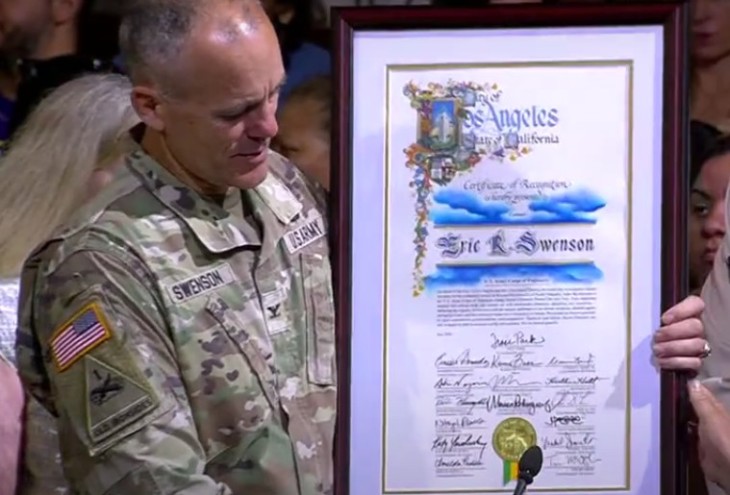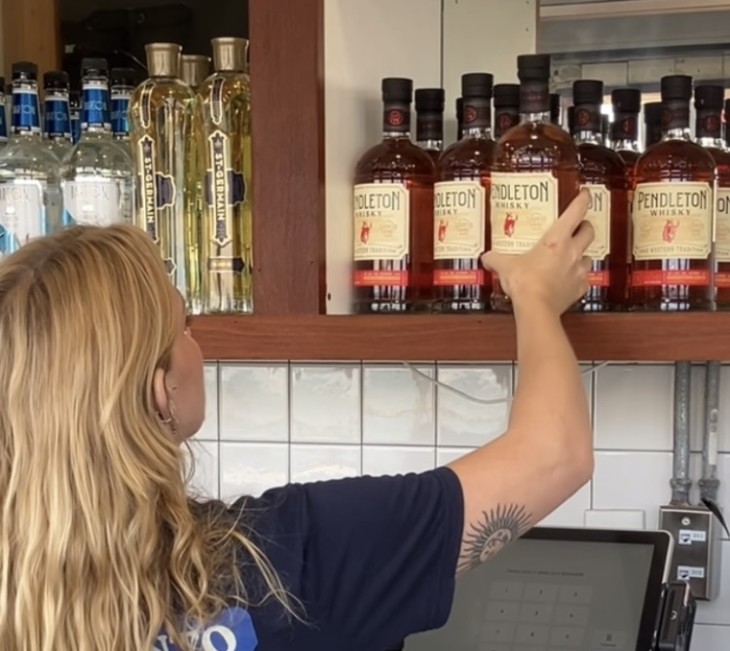Years ago, the Greyhound bus people had a jingle that included the slug line, “And leave the driving to us!”
They were selling the idea that traveling by bus had the advantage of one getting someplace without the stress of driving.
I’m not certain that line would have much appeal today, since it seems pretty clear that many of us, far from viewing driving as stressful, see driving as a time for playing with our phones while we guide a two-ton motor vehicle through traffic and street-crossing pedestrians.
It’s the head dip that gives it away.
You can sit at a stop light certainly and always see at least a half- dozen heads tipped down to their telephones.
I’ve seen people driving slowly in jammed traffic, their heads nowhere near the view ahead of them.
Of course the deadly head dip is the one that occurs at higher speeds.
Let’s try to frame the problem by calling “texting while driving” the cigarette smoking of the 21st century.
Just like smoking, texting while driving is dangerous. But there’s a big difference in the fact that it can take other lives besides your own.
I apologize that this can’t be one of my more “fun” columns, but let me share what brought me to writing on this for this week: A two-vehicle collision last week on the Pacific Coast Highway at 1:35 a.m.
Head and neck injuries to an innocent truck driver, with head and body injuries to the driver that admitted he was texting while driving and suspected by police of being intoxicated.
Drunk driving kills and society has reacted, but I think that we are somehow giving ourselves a “pass” on this other event of using phones and texting while driving. Why? Is there something coming in on your text screen that is so important it’s worth potential loss of life? What could that be, I wonder? A fresh “tweet?”
Something very important changed in our lives when we started having small phones we could carry around.
Now, there was no moment in life that couldn’t or shouldn’t be interrupted for a phone call.
I haven’t taken a survey, but my suspicion is that a surgery room at a hospital should have a “phones off” policy, especially if it’s your child on the table.
Ditto a prayer during church, but again… I haven’t really researched that one either.
Otherwise it appears that, with a few exceptions, we have decided without ever really voting on it that our phones can have precedent over any moment we’re in.
How the hell did we get to that? Initially, portable phones were large and ridiculous looking. Like such things as large and ridiculous looking automobiles, they became a status object for the wealthy and silly.
But they always behave like that, so what we’re still looking for is why the rest of us feel this compulsion to fetishize our phones.
Others far brainier than myself have made comparisons historically to the invention of the hand mirror.
Once mirrors could be carried around, we needed them with us at all times. Certainly we feel some sense of self-actualization when we believe that a lot of people need to talk to us. Some dismiss phone obsession as the realm of the young, but that’s just not the case.
Sure, in junior and senior high school we all passed notes to each other about cute boys and pretty girls.
But why do I see so many full-grown adults doing the aforementioned head dip on the freeway?
I suspect because we also need our mirrors. And inside of this may be something deeply disturbing about how we are maturing.
Parents can certainly argue that they must carry a cell so that their children can contact them.
But come on, that’s all it’s about? Aren’t we all enjoying that buzz of self-congratulation that comes in realizing we can’t move off whatever it is we do for even a few minutes without being needed?
Not that many years ago, how often did you hear from someone “I’ve got so much e-mail I have to deal with today…” knowing for a fact that at least half of that e-mail was e-mail about other e-mails or pictures of kitties in funny hats.
I’m suggesting that it’s possible that a sense of security in who we are and what we’re doing with our lives has been given over to the fetishizing of mobile phones.
We fear that day when no one is calling, so we eagerly check to make sure that day hasn’t come… and then maybe we drive into another car and hurt somebody.
Let me assure you I myself am not immune.
But recently during a production of one of my theater pieces, I realized the snowball effect of mobile communications.
Actors would call me to let me know they were jammed-up on the freeway or otherwise running late to rehearsal. And then I felt compelled to acknowledge receipt of that message.
Well, I knew they were late since I was at the theater and they were not. Were they risking their safety making those calls and texts from the freeway?
I feared that they were. I made a rule: Don’t call. Just keep coming. I trust that you will be on time if you can, or late because of something you can’t do anything about. What we might call “life.”
During those same rehearsals, I had to ask cast members not to play with their phones during production meetings.
Culturally, they had not perceived anything wrong in looking down to their devices as I was talking to them about the show.
But there is something wrong. We’re letting our hand mirrors dictate the personality and even the politeness of our waking, walking selves.
So let me confirm to every person within the reach of this column that I find you to be a person of worth and of value in this world.
You matter, you are good and you are cool.
Now, please look up from your device as you are about to ram into my car. You’re still doing the driving.
Contact Steve Stajich: opinion@smmirror.com
Follow The Mirror on Twitter: twitter.com/SMMirror
Follow The Mirror on Facebook: facebook.com/SMMirror


























